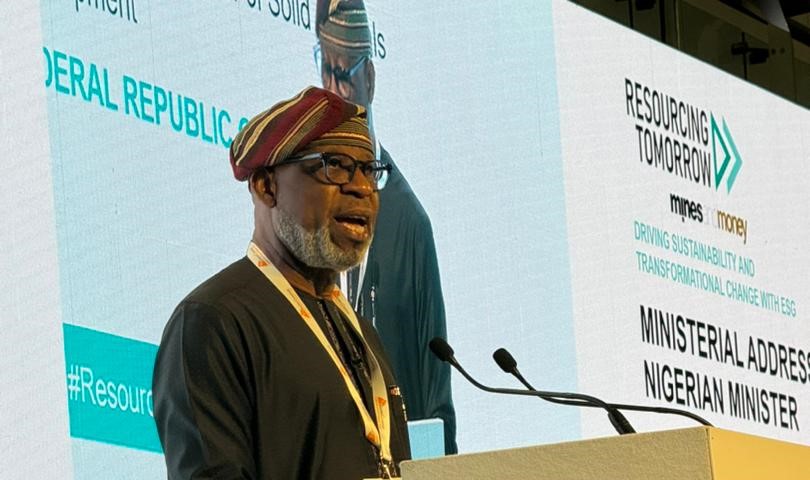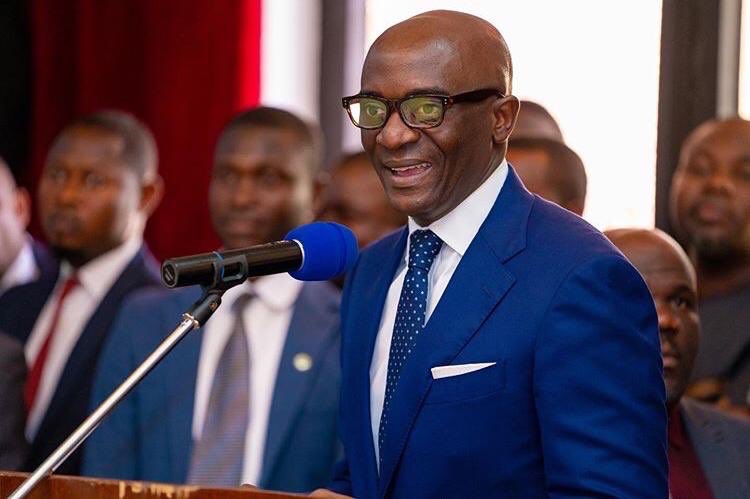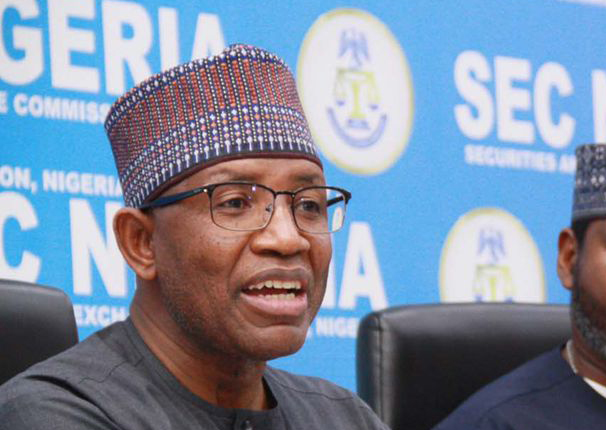Seven tips to help loved one struggling with mental health
BY HALIMA LAYENI
As we commemorate the 16 days of activism against gender-based violence, it is crucial to acknowledge that the fight to end such violence requires the active involvement of men. Men occupy significant leadership positions in society. Historically and presently, men have often held a significant proportion of leadership positions across various sectors and domains globally. This phenomenon has been observable in politics, business, religious institutions, and other spheres of influence.
In political arenas, many world leaders and heads of state have been predominantly male. Similarly, traditional leadership structures in various cultures have often been headed by men. In religious institutions, many high-ranking roles and positions of spiritual authority have been traditionally occupied by men in various faiths. In the corporate world, men have historically held many top executive positions in industries ranging from technology to finance, often dominating boardrooms and key decision-making roles.
It’s essential to recognise that while men have historically held a majority of leadership positions, there’s a growing movement advocating for greater diversity, inclusivity, and equal opportunities for all genders in leadership roles. Efforts are underway to address systemic biases and barriers that hinder equal representation and to promote a more balanced and diverse leadership landscape reflective of broader societal demographics and capabilities.
Advertisement
Gender-based violence is a pervasive issue that affects individuals across all genders, but it predominantly targets women and girls. Engaging men in the fight against gender-based violence is crucial because they can influence societal norms, challenge harmful stereotypes, and promote positive masculinity. By acknowledging the significance of men’s involvement, we can foster a collective responsibility to address the root causes of gender-based violence and work towards a more equitable society. Leveraging the influence of men can be a powerful tool in eradicating gender-based violence and promoting gender equality. However, to sustainably end gender-based violence and achieve a just and equal world for all women and girls, we must address the mental health needs of men and boys, providing them with the necessary support and resources to become
allies in this social change.
It is important to note that men and boys also face unique challenges which often go unaddressed due to societal expectations and stigma. The pressures of conforming to traditional gender roles, the fear of vulnerability, and the lack of accessible mental health services contribute to a silent crisis. To effectively recruit men as allies, we must prioritise mental health services tailored to their specific needs. By doing so, we can create safe spaces for men and boys to seek support, discuss their experiences, and challenge harmful behaviours. Providing mental health services to men and boys is not only an ethical imperative but also a strategic move towards ending gender-based violence. Many perpetrators of gender-based violence have experienced trauma themselves. By addressing the mental health needs of men and boys who have experienced violence or witnessed it, we can break the cycle of violence and promote healthier relationships.
Mental health support provides an opportunity to engage men in critical self-reflection, challenging harmful beliefs and attitudes towards gender roles. By promoting empathy, emotional intelligence, and healthy coping mechanisms, we can foster a culture of respect and equality.
Advertisement
Men in positions of power can influence policies, practices, and societal norms. By equipping them with the tools to address their mental health needs, we empower them to become advocates for change within their spheres of influence.
By integrating mental health services into broader gender equality initiatives, we can challenge societal norms that perpetuate violence and inequality. This holistic approach encourages men to become active participants in dismantling patriarchal systems. To effectively end gender-based violence and promote gender equality, we must recognize the importance of men’s involvement. Engaging men as allies requires addressing their mental health needs, providing them with the necessary support, and empowering them to challenge harmful behaviours and norms.
By investing in mental health services tailored to men and boys, we can create a society that values empathy, equality, and respect for all genders. Let us seize this opportunity to build a future free from gender-based violence, where men are active agents of change.
Layeni is an incandescent Men’s Mental Health advocate and the founder and executive director of the Life After Abuse Foundation. She can be reached via [email protected].
Advertisement
Views expressed by contributors are strictly personal and not of TheCable.
Add a comment






